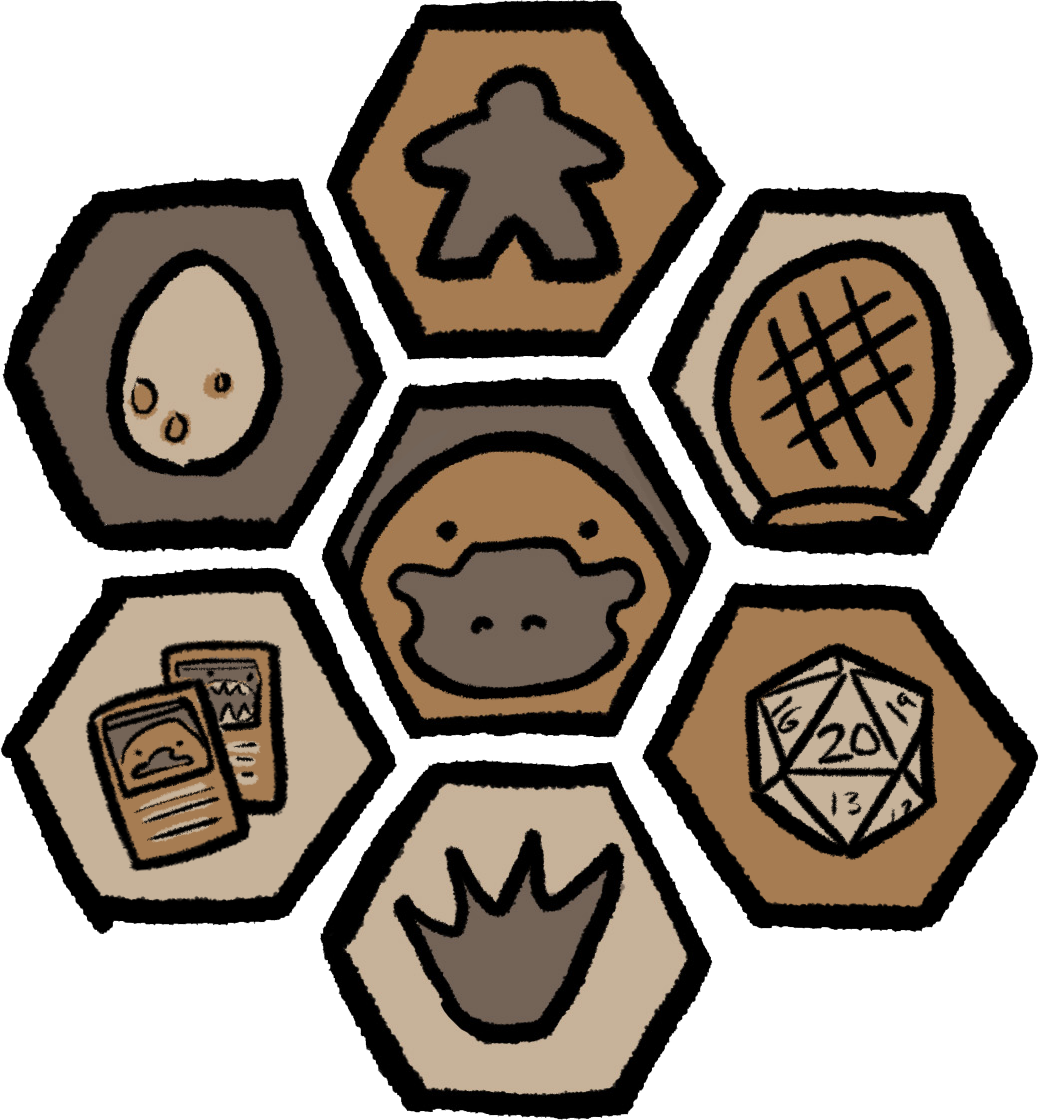There are lots of speed games out on the market. One problem many of them share is that it can favor those who are faster thinkers or just physically faster. This makes playing with a diverse age group difficult to impossible. Ghost Blitz is different than other dexterity games since the answer is not always immediately visible, leveling the playing field.
With similar dexterity games you flip over a card and if something matches you grab an item or slap the pile. In this game however it is not always that simple. There are nine different items in the center of the table and only one of them will be the answer for each card (sometimes none are the right answer!). The simplest cards will be when one of the items on the card is the same color as the object on the table. The next step is if nothing completely matches the card then you need to find the color and shape that is not present. The last rule that is part of the base game is if a ghost is holding a clock. Then the correct answer is actually to call out the time shown on the clock!
If you get the answer correct then you take the card that was flipped over. If you grab the wrong item (you can’t grab a second one) then you give one of your cards to the person who got it right which helps make it so up until the end of the game you aren’t sure who is going to win. Even if speed games aren’t really your thing, we would encourage you to give this one a try as we have found it to be more universally enjoyed than other speed games.
If you wind up becoming an expert, there are far more variants to add some challenge to finding the correct object on the table. So once you get too good for the game, you can also make it harder!


















